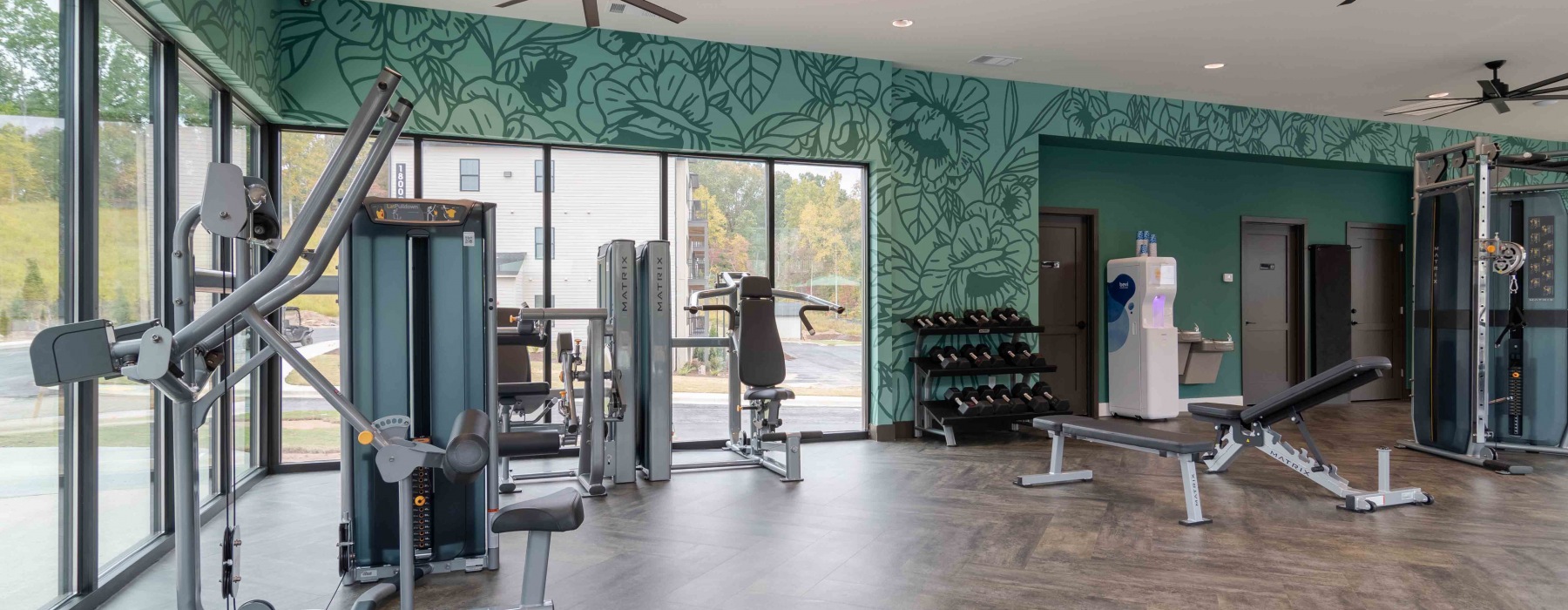The Many Hidden Benefits of Renting
One of the most common long-term goals in the United States is to own a home of your own eventually. After all, home equity is the most significant form of current household wealth, meaning owning a home is one of the most effective ways to achieve your long-term financial goals.
However, even if owning a home is something you hope to achieve, that doesn’t necessarily mean it will be in your best interest to make a down payment on a mortgage immediately. In many cases, waiting just a few years before deciding to make the giant leap can provide many benefits.
There are countless articles available that discuss the benefits of owning a home—but what about the benefits of renting?
Let’s take a closer look at why there are tens of millions of American households who choose to rent instead of buy.
1. In the Short-Run, Owning a Home is Not All It’s Cracked Up to Be
One of the main reasons people rush into owning a home is that they are “tired of paying rent” and want to begin building equity.
In many cases, this line of thinking makes sense. However, one thing that most aspiring homeowners need to realize is that even when they are earning monthly mortgage payments, most of the money that they pay is going to someone else.
In other words, if your proposed total mortgage payment is projected to be, say, $2,400 per month, you can typically expect—especially towards the beginning of the mortgage—for at least $1,800 per month to be going to something other than your principal mortgage payment. Between interest payments, property taxes, private mortgage insurance (when applicable), homeowners’ insurance, and other expenses, you’ll still pay quite a bit each payment cycle.
Over time, the amount of money that ‘comes back’ to you might gradually improve. But it’s important to realize that even with a reasonable interest rate, only a fraction of your mortgage payment goes to your equity.
2. Limited Flexibility, Limited Liquidity
Another thing to remember when deciding whether renting or owning—whether in Gainesville, Georgia or anywhere else—is right for you is that owning a home is a significant financial commitment. Selling a home, on average, costs about $20,000 (or about 6% of the sale price), meaning that if you haven’t lived there for very long, you might end up losing money.
Additionally, if you are hoping to sell a home, you can expect it will take at least two months before you’ll be able to move into a new place (unless you want to pay for multiple homes at the same time). For a lot of people, especially those who are experiencing career changes, plan to travel, or are shuffling between cities, that is not acceptable.
Furthermore, the investment for anyone interested in buying a home to recognize must be highly illiquid—meaning that converting the equity you’ve built in your home into cash is relatively complicated. Sure, you might check Zillow once every few months or so and notice that your home has increased in estimated value by several thousand dollars. But as long as that money is tied up in the home itself, you won’t be able to use it—a common phenomenon known as being ‘house poor.’
3. Increased Responsibility (and Liability)
In general, property values tend to increase over time—often faster than the public stock market—which is why homeownership is often viewed as the most effective way to establish generational wealth. However, while this investment offers plenty of upside potential, it still carries several risks for owners.
If you are a homeowner—barring an event covered by insurance (surprisingly limited)—then you are on the hook for everything that goes wrong with your home. Did your air conditioner blow out in the middle of a hot, humid Georgia summer? Well, then, you expect to pay at least $5,000 to get a new one. Appliances breaking, simple wear and tear, and other disasters can all cause homeowners to spend thousands of dollars annually.
In some cases, it might be possible to reduce financial risk, such as by purchasing a warranty. But in any case, renting undoubtedly carries significantly less stress (and less liability) than the home-owning alternative.
4. Ongoing Exposure to Market-Related Risk
Keeping the concept of risk in mind, it’s important to remember that one of the most significant risks homeowners are exposed to is their ongoing exposure to financial risk. For example, in 2008—the worst year for the housing market this century—the average American owner lost nearly 10% of their property value, meaning that if their home was worth $400,000, their total losses would have been around $40,000.
Obviously, this particular year is an outlier. Houses do, on average, increase in value every year. But if you don’t want to deal with the stressful ups and downs of equity markets, renting might be your best option.
5. Better Access to Amenities
Finally, and perhaps the most influential reason for becoming a renter is that, in doing so, you get access to an abundance of amenities. Amenities are especially true at Treesort, which has quickly established itself as one of the best luxury apartment complexes in Gainesville, Georgia.
Popular amenities include a fully-equipped gym, pool, ample outdoor and walking space, entertainment areas, community areas, and more. For example, the average cost of a pool in the United States is around $40,000, which means that having a pool is a non-starter for most new homeowners. If the pool is already included in your stress-free rent, on the other hand, then that changes the entire situation.
Of course, there are many things you need to consider before deciding whether you want to buy or rent. But if you are interested in the many benefits of renting, we encourage you to visit Treesort and see for yourself!

